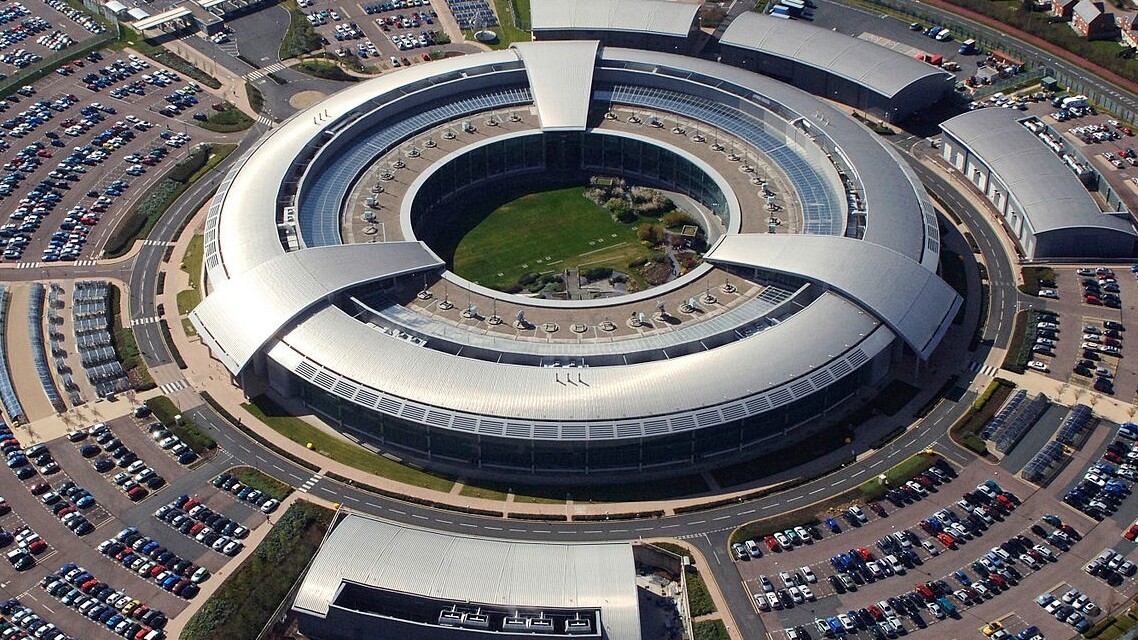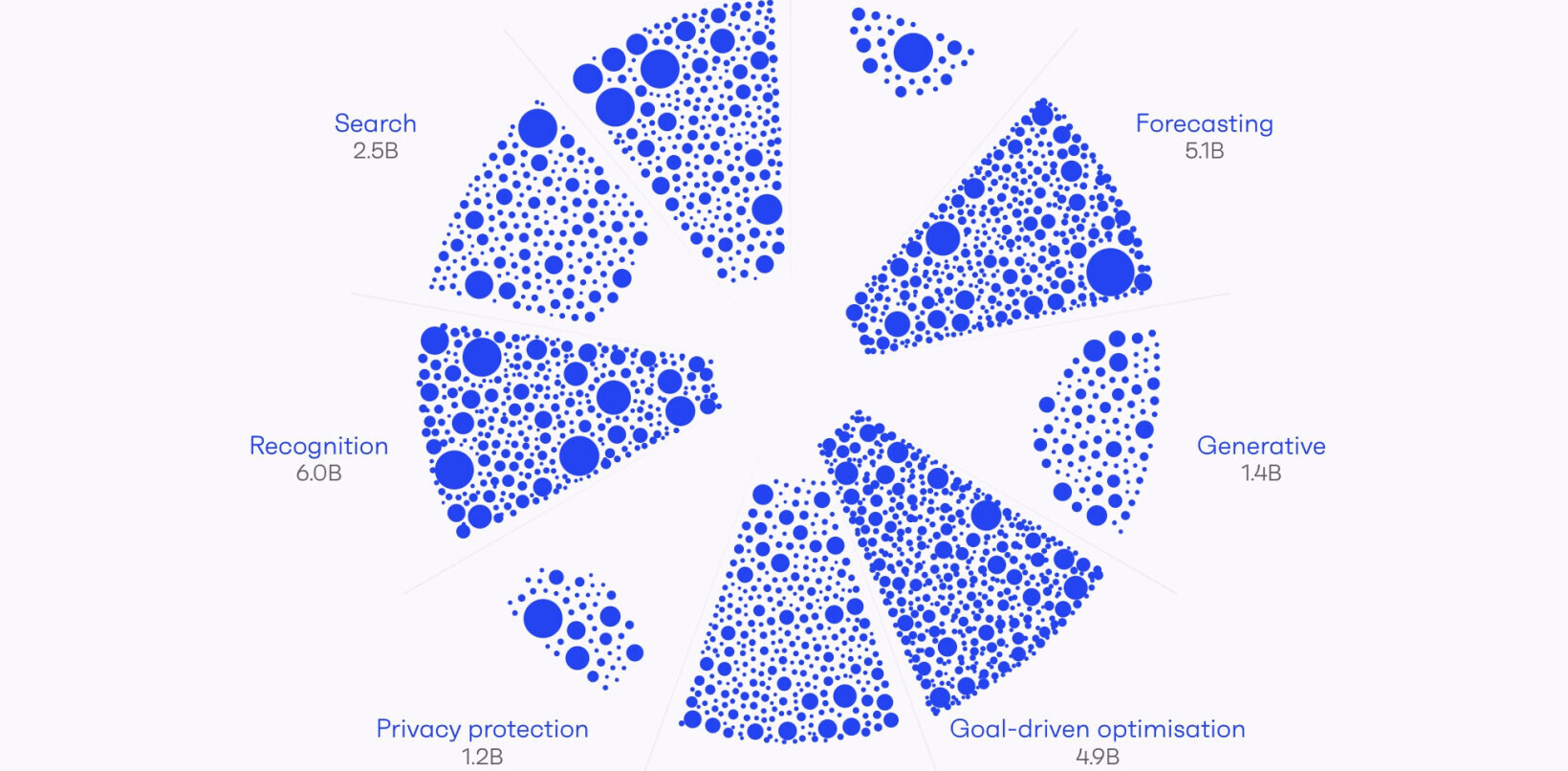
With the UK on the brink of signing into law new powers that would allow government agencies to spy on citizens’ online activity and communication, Britain’s defence and security industry has told MPs that the so-called snooper’s charter will likely become out of date within five years, reports The Guardian.
The submission from the British aerospace, defence, security and space industries points out that the rapid pace of technological advancement will quickly render the proposed legislation obsolete and require revision all too soon.
It also states that the bill’s provisions “unduly interfere with the rights to privacy, freedom of opinion and expression.”
The coalition also argues that Britain’s implementation of the bill will have far-reaching implications for the rest of the world as other countries seek to emulate the UK’s policies.
The group is absolutely right to highlight this concern. The bill invited repeated harsh criticism from Silicon Valley tech firms, which urged the UK to stop demanding weakened encryption and the loss of citizens’ right to privacy.
The trouble with enacting laws with a short lifespan is that it takes a lot of time, energy and understanding to correct the problems they create after they’ve become obsolete. Entire industries, public interest groups and legislators need to get on the same page before new laws can be passed.
Plus, the cost of technology and skill development for enacting policies like those described in the Investigatory Powers Bill could be huge. If the law becomes obsolete shortly after it it is enacted, that investment is basically money down the drain. An ex-NSA chief speculates that such bills are essentially nothing more than a cash grab.
Plus, it takes time to fine-tune laws so they’re truly effective. For example, the Investigatory Powers Bill calls for bulk data collection of citizens’ online activity, but there’s little evidence that shows this sort of mass surveillance will assist in curbing terrorist activity. Rushing to pass new legislation without a proper understanding of how it will play out is a foolhardy venture.
Hopefully the bill committee will see sense before it publishes its report on February 11.
➤ Snooper’s charter would be out of date in five years, says defence industry [The Guardian]
Get the TNW newsletter
Get the most important tech news in your inbox each week.





